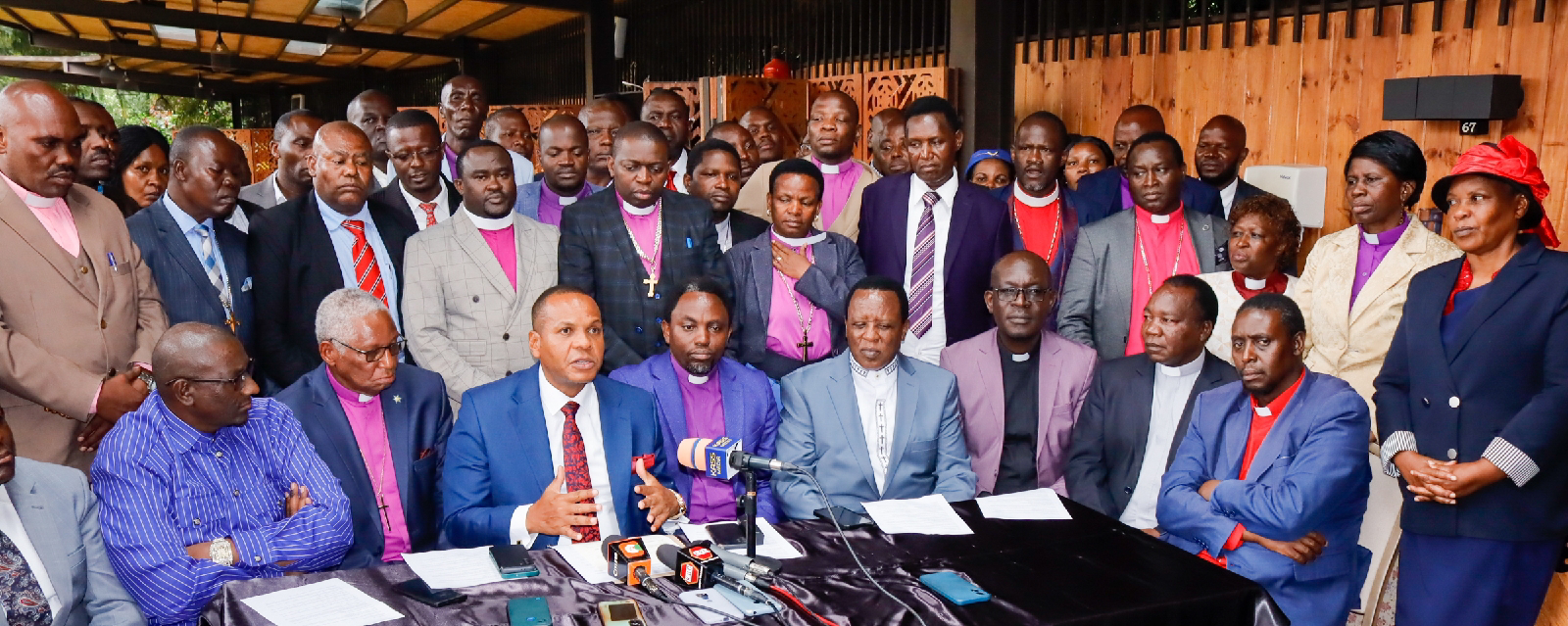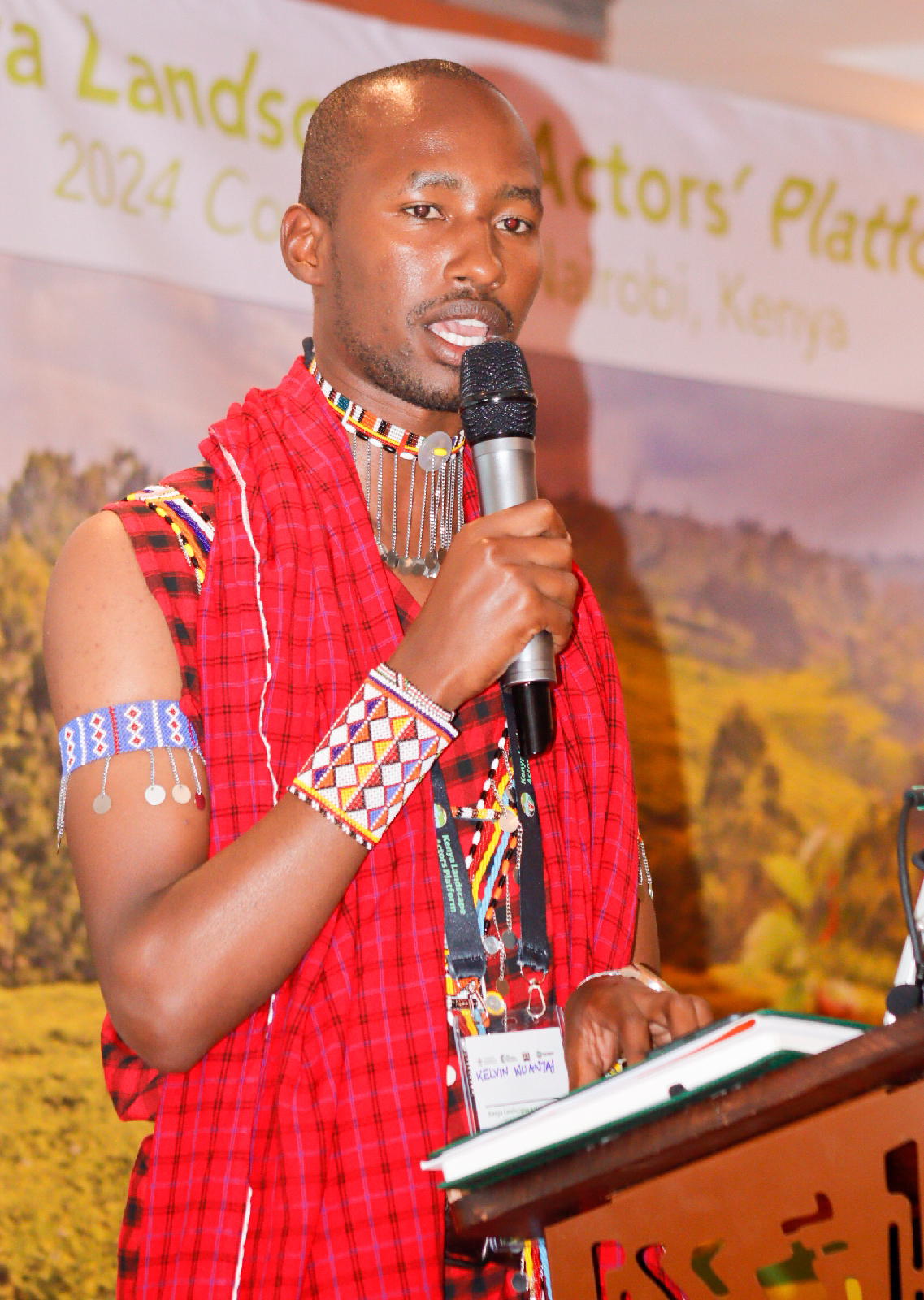Survey Highlights Urgent Reforms Needed to Rebuild Public Trust in Kenya
Angela Ambitho, Founder and Group CEO of InfoTrak Research & Consulting Ltd, unveiled the results of a nationwide survey on public trust in Kenya's governance and democratic institutions. The survey, commissioned by the Electoral Law and Governance Innovation for Africa (ELGIA) under the Kenya Electoral Support Program (KESP), explored the key factors driving trust in democratic processes and offered actionable recommendations to restore confidence in public institutions.
During the presentation, Ambitho highlighted the urgent need to rebuild public trust, noting that years of governance challenges, contentious elections, and political unrest had eroded confidence in institutions. “Public trust is a vital element of democracy. Without it, governance lacks legitimacy, and the social contract weakens. These findings provide insights to guide critical reforms,” she remarked.
The survey, conducted from November 16–30, 2024, used a three-pronged approach combining desk research, quantitative interviews with 2,400 respondents, and qualitative focus group discussions. It covered all 47 counties, ensuring a representative sample of Kenya’s 18+ population, with a margin of error of ±2% at a 95% confidence level. The survey achieved a remarkable 97% response rate, demonstrating strong public interest in the issues under review.
A significant part of the survey focused on voter registration, where 41% of respondents identified the lack of national identity documents as the primary barrier. Other notable challenges included busy schedules (16%), the distance to registration centers (16%), and a lack of trust in electoral processes (15%). These barriers reflect systemic issues that require urgent attention to ensure broader civic engagement in elections.
Respondents also expressed low confidence in electoral governance, citing perceived inefficiencies and concerns about fairness. To rebuild trust, Kenyans called for ensuring the independence and impartiality of the Independent Electoral and Boundaries Commission (IEBC) (40%), conducting free, fair, and transparent elections (39%), and providing more civic education (29%).
The survey examined the effects of recent public protests and political dynamics, with particular emphasis on the youth. Ambitho underscored the deep frustrations among young Kenyans, many of whom feel excluded from governance processes. “Young people are the future of this nation, yet many are disengaged. Addressing their concerns is essential for rebuilding trust,” she said.
The findings revealed that 39% of Kenyans felt their voice could influence government decision-making, while 55% expressed skepticism. Public participation in governance processes was limited, with only 21% of respondents reporting involvement in forums for development, legislation, or budget-making.
The survey identified pressing issues affecting public trust. The high cost of living emerged as the most significant concern for 51% of respondents, followed by unemployment (36%) and corruption (24%). Other priorities included over-taxation (23%), healthcare access (13%), and affordable education (12%).
Ambitho emphasized that addressing these issues is crucial to restoring trust in government. “These concerns resonate across all demographics. For citizens to trust public institutions, they must see real change in areas that affect their daily lives,” she said.
The survey offered a roadmap for governance reforms, including: Ensuring the independence and impartiality of electoral bodies, increasing transparency and accountability in governance, enhancing civic education to empower citizens with knowledge of their rights and addressing youth grievances through targeted programs and inclusive policies.
Ambitho concluded by urging stakeholders to act on the survey’s findings. “Restoring public trust requires collective effort. Policymakers, civil society, and citizens must work together to strengthen governance and democratic institutions,” she asserted.
The presentation marked a pivotal moment in the ongoing conversation about governance in Kenya, providing valuable insights to inform reforms and strengthen democratic processes.




Comments
Post a Comment